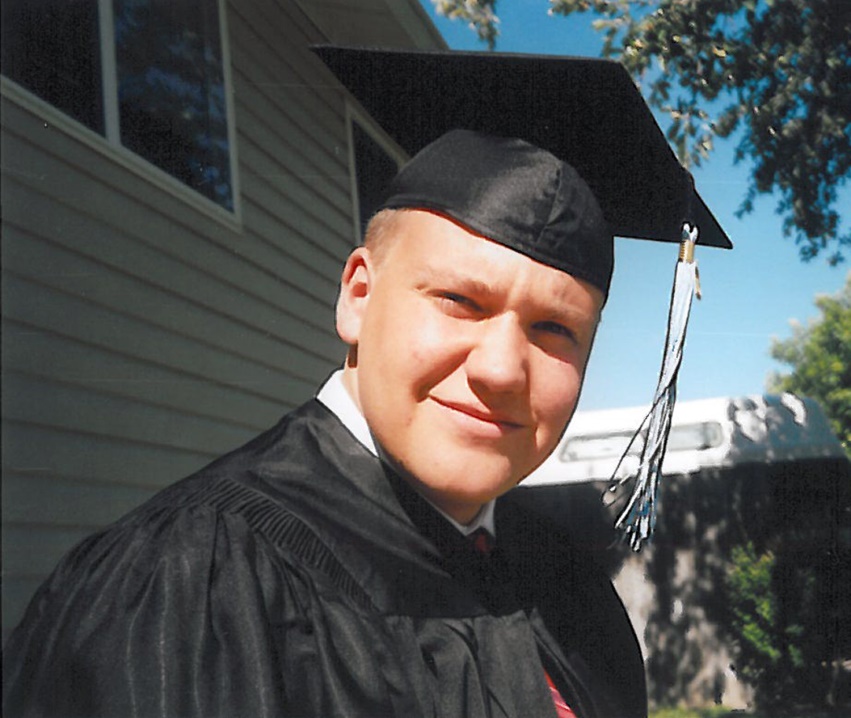As parents, one of the best gifts we can give our children, youth and young adults with disabilities is to set high expectations for them at home, school and in the community. Multiple studies have shown parents expectations about their youth’s skills, education and abilities, influence the types of outcomes our youth achieve and are also linked to academic achievement (Doren, Gau and Lindstorm. 2012. The Relationship Between Parent Expectations and Postschool Outcomes Of Adolescents With Disabilities. Exceptional Children. Vol 79. Pp. 7-23). It is up to us as parents to believe that our children are capable of great things and to give them opportunities to try new things in life and sometimes even to fail and learn from their mistakes.
At the Utah Parent Center, we believe that high expectations matter for kids with special needs. We hope you enjoy the resources below as you explore new ways to hold high expectations for your child, youth or young adult.

